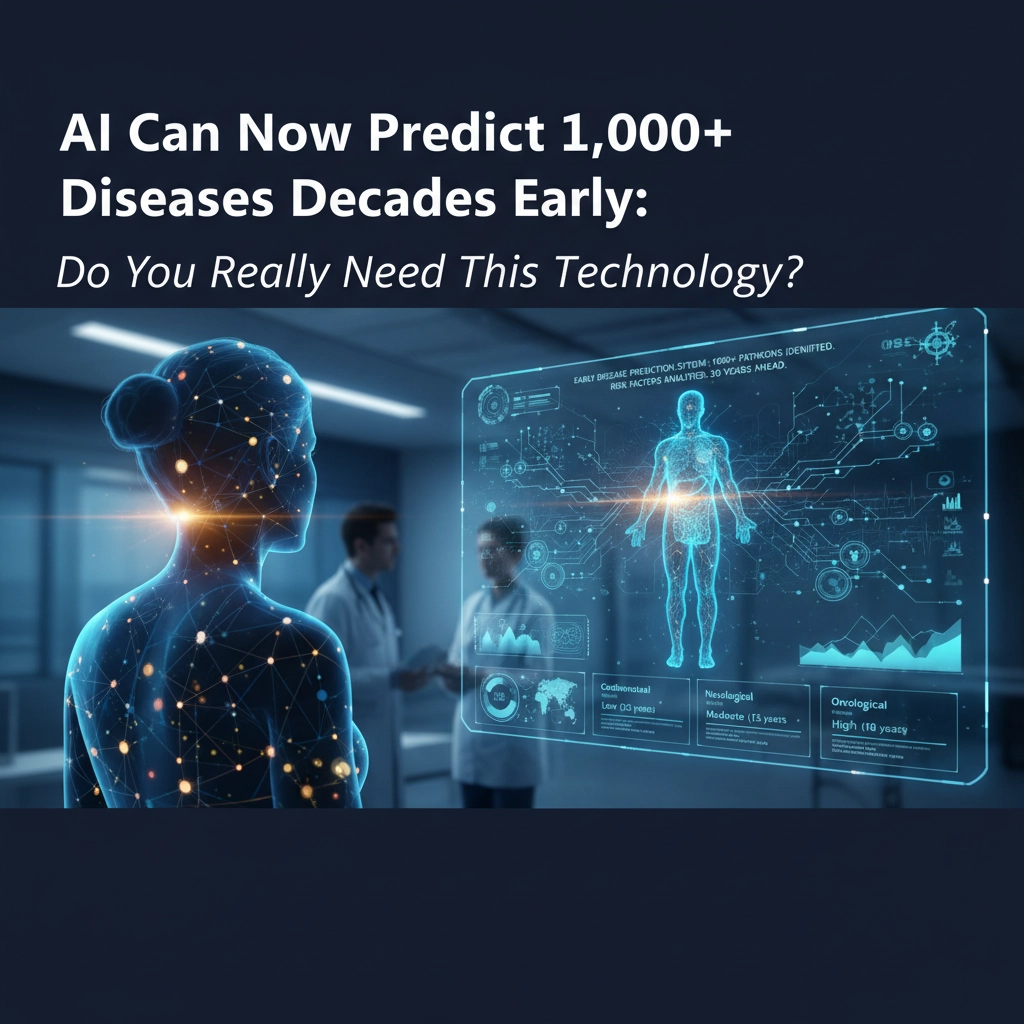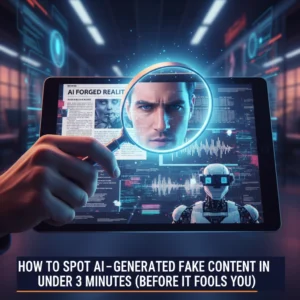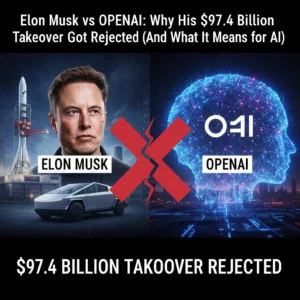What if your doctor could tell you today that you'll likely develop diabetes in 2037, or that you're at high risk for a heart attack in 2041? Sounds like science fiction, right? Well, it's not anymore.
Scientists just dropped a bombshell with Delphi-2M, an AI that can predict over 1,000 diseases up to 20 years before they happen. But here's the thing – just because we can doesn't mean we should. Or that you need it.
Let's break down what this actually means for real people like you and me.
What This AI Actually Does
Delphi-2M isn't your typical health app that counts your steps and reminds you to drink water. This thing is analyzing massive amounts of health data to spot patterns that humans would never catch.
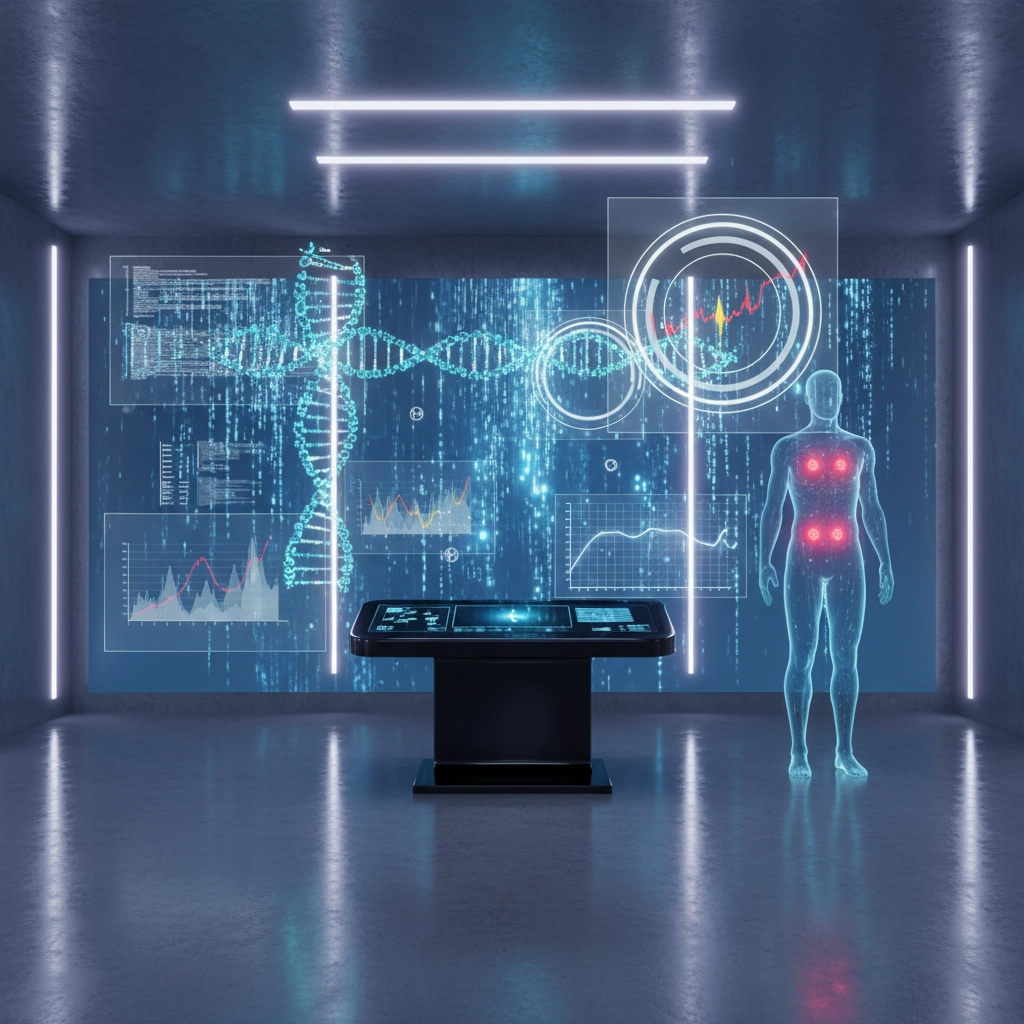
The AI was trained on data from the UK Biobank and tested on 1.9 million patients in Denmark. It looks at your medical history, lifestyle factors, and previous diagnoses to map out what might happen to your health over the next two decades.
Think of it like a weather forecast, but for your body. Just like meteorologists use current conditions to predict if it'll rain next week, Delphi-2M uses your current health status to predict if you might get sick years from now.
The model showed crazy accuracy for certain conditions. Heart attacks, specific cancers, blood infections – it can spot these coming from miles away. But here's where it gets tricky: it struggles with mental health issues and pregnancy complications because, well, life is unpredictable.
Sarah, a 35-year-old teacher from Ohio, heard about this technology and immediately wanted to know her future health risks. "If I knew I'd get breast cancer in 15 years, I could start screenings earlier, change my diet, maybe even consider preventive surgery," she told her doctor. But when she learned the AI wasn't available for clinical use yet, she felt frustrated. "It's like dangling a crystal ball in front of me and then snatching it away."
The Promise vs. Reality Check
On paper, this sounds amazing. Early detection means better outcomes, right? If you know you're headed for trouble, you can do something about it.
But let's pump the brakes for a second. This technology comes with some serious limitations that nobody's talking about enough:
• It only learned from people aged 40-60 – so if you're younger, the predictions might be way off
• Demographic bias is real – certain ethnic groups weren't represented in the training data
• It gives probabilities, not certainties – think "70% chance" not "you will definitely get this"
• Mental health and pregnancy issues? Forget it – the AI can't predict these reliably
• It's not clinically available – you can't actually use this yet

The researchers who created Delphi-2M are being refreshingly honest about these problems. They're not hyping this up as a miracle cure for everything. They know it's got gaps.
But when it works, it really works. For diseases with clear progression patterns – like certain cancers that develop slowly over time – the AI is scary accurate. It's like having a time machine that shows you your medical future, at least for some conditions.
Should You Care Right Now?
Here's the honest answer: probably not yet.
Unless you're a researcher or healthcare policymaker, this technology doesn't really affect your day-to-day life right now. You can't walk into your doctor's office and ask for a Delphi-2M scan. It's not FDA-approved, it's not available commercially, and it's got too many limitations for regular use.
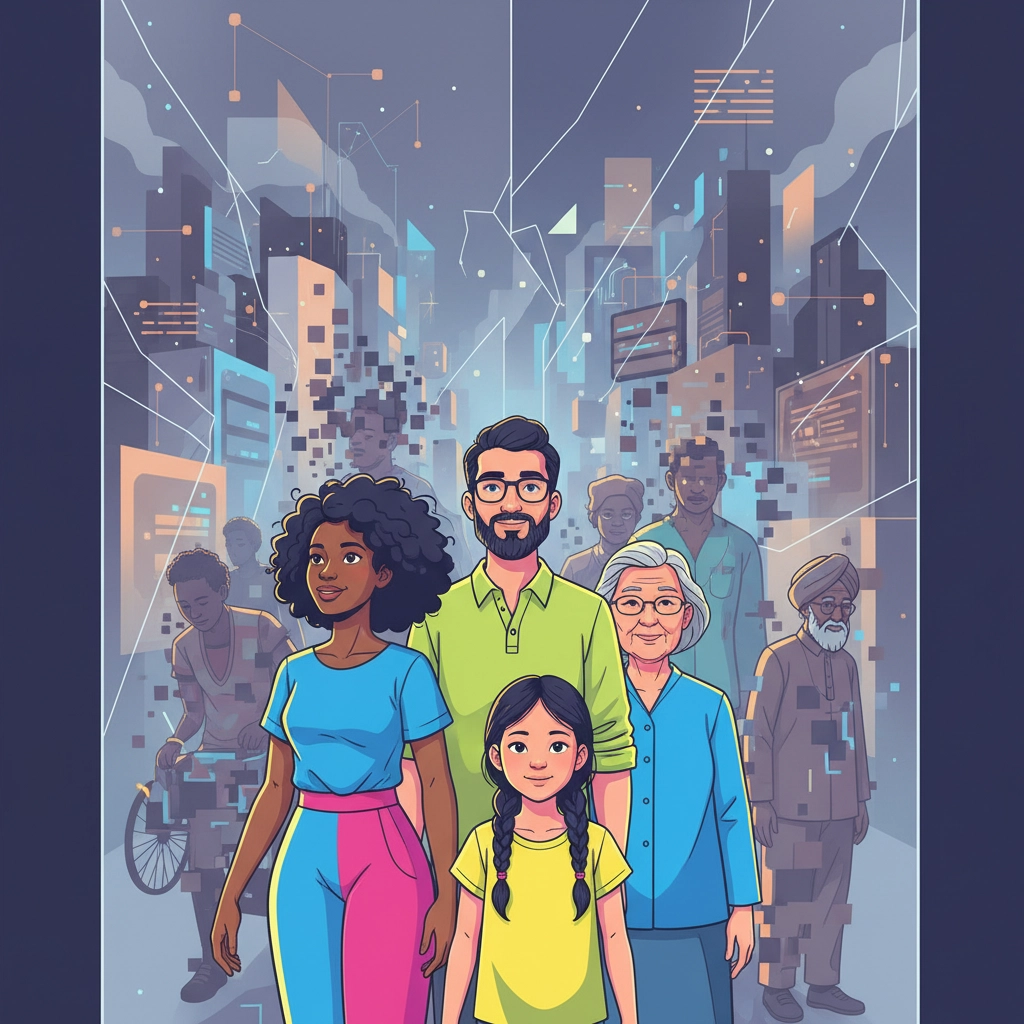
But that doesn't mean it's useless. This is the kind of breakthrough that changes how we think about healthcare. Instead of waiting for symptoms to show up, we could potentially catch problems decades early.
The real question isn't whether you need this technology right now – it's whether you'd want it if it were available and more accurate.
Some people would absolutely want to know. If you've got a family history of heart disease or cancer, knowing your long-term risks could be incredibly valuable. You could make lifestyle changes, get more frequent screenings, or even take preventive medications.
But others might not want to know at all. Imagine living with the knowledge that you have a 60% chance of developing Alzheimer's in 20 years. That's not a certainty, but it's not exactly comforting either.
The Bigger Picture
This isn't just about one AI model. It's about where healthcare is heading. We're moving from reactive medicine (treating you after you get sick) to predictive medicine (stopping you from getting sick in the first place).
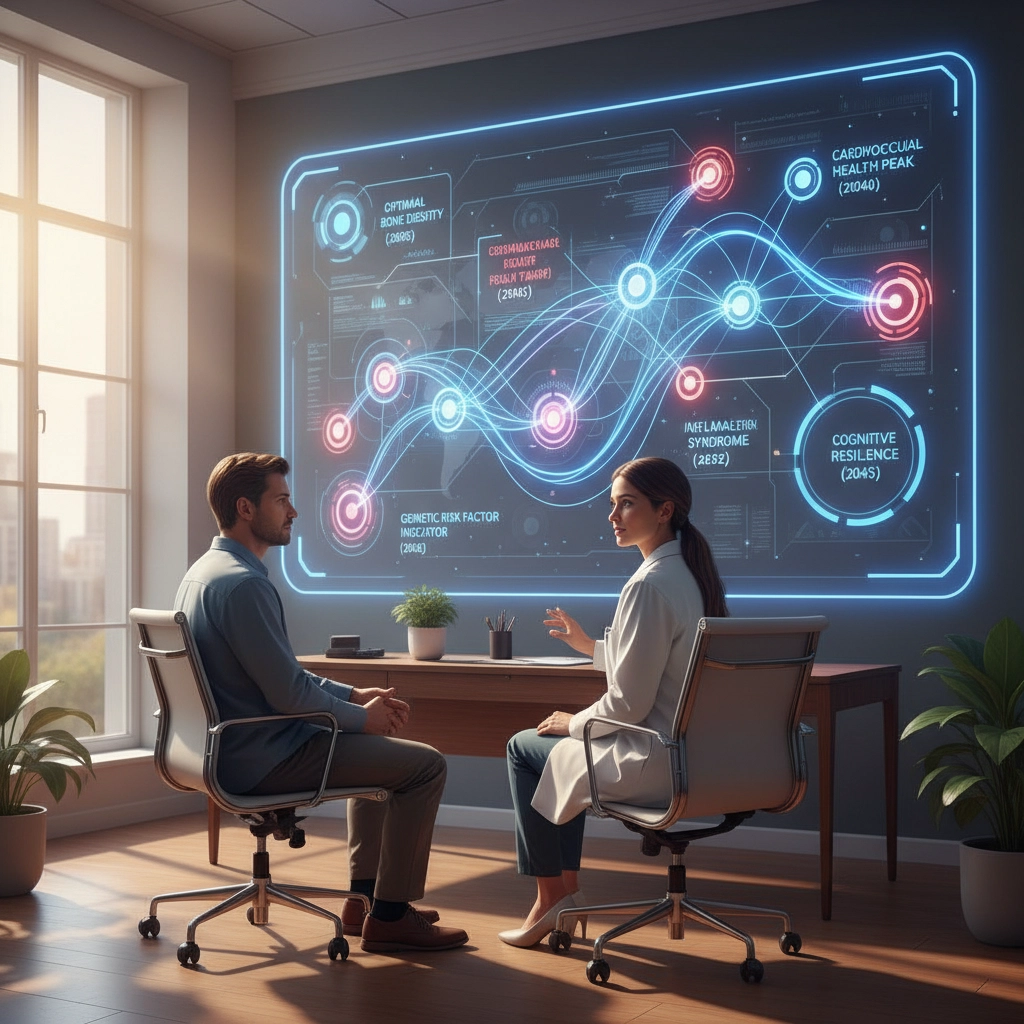
Other companies are working on similar tech. RiskPath, another AI toolkit, claims 85-99% accuracy in predicting chronic diseases. Traditional methods only get it right about 50-75% of the time. That's a huge jump in accuracy.
But accuracy isn't everything. We need to think about the psychological impact of knowing your health future. We need to consider healthcare equity – will this technology be available to everyone or just people who can afford it? And we need to figure out how to use these predictions responsibly.
The researchers behind Delphi-2M see it as a research tool first and a clinical tool second. Right now, it's helping scientists understand how diseases develop over time. Eventually, it might help your doctor make better decisions about your care.
The technology is evolving fast. Today it's Delphi-2M predicting 1,000 diseases. Tomorrow it might be something even more advanced predicting 10,000 conditions with 99% accuracy.
But here's what won't change: the fundamental question of whether knowing your health future is worth the psychological cost of that knowledge.
Would you want to know if you'll get sick 20 years from now, even if there's nothing you can do about it today?

